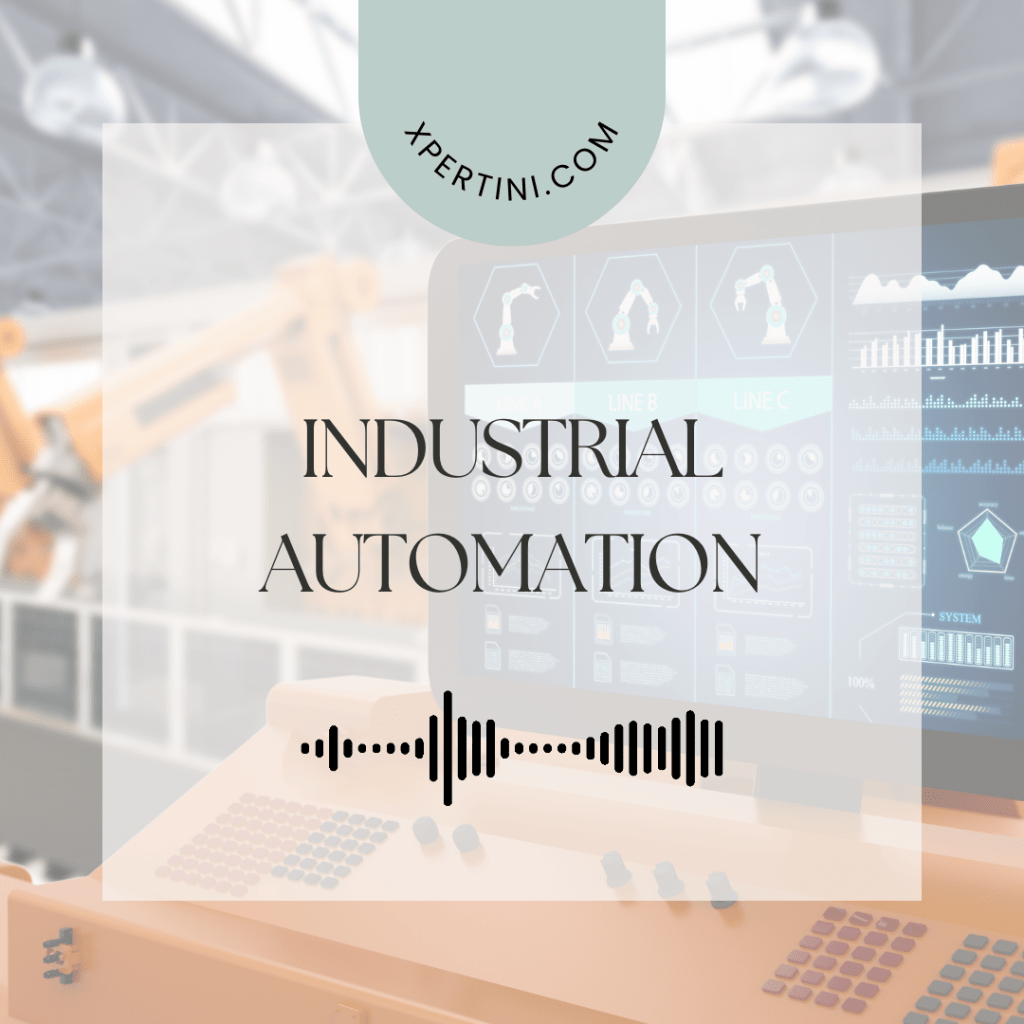Industrial Automation
Course Summary
In this comprehensive Industrial Automation course, delve into the world of automated systems shaping modern industries. Explore the critical principles driving the field and reveal the historical evolution, milestones, and innovations that have defined industrial automation. Understand the fundamentals, from basic principles to the various automation systems transforming manufacturing landscapes.
Start a journey through Programmable Logic Controllers (PLCs) and Supervisory Control and Data Acquisition (SCADA) systems, gaining insights into their applications. Dive into the domain of robotics, discovering the programming and control of industrial robots and their myriad applications across industries.
Navigate the landscape of control systems design, exploring principles and considerations essential for effective implementation. Uncover the roles of sensors and actuators, understanding their types and functions in the orchestration of automated processes.
Examine the vast horizon of communication protocols, gaining an overview of industrial communication and insights into prevalent protocols driving seamless connectivity in industrial automation. Delve into the critical domain of cybersecurity, identifying threats, assessing risks, and strategizing to secure automation systems.
Finally, explore diverse career paths within industrial automation, identifying key skills, qualifications, and specializations that pave the way for success in this promising field. As you progress through each lesson, acquire a robust understanding of the foundations, applications, and future trends shaping the landscape of industrial automation. Prepare to contribute significantly to the evolution of automated systems in the modern industrial world.
Course Overview
Industrial Automation is a field that combines computer science, electrical engineering, and mechanical engineering to optimize industrial processes. This course provides a comprehensive understanding of the principles, technologies, and applications of industrial automation. Participants will gain practical skills essential for a successful career in this rapidly evolving domain.
Course Objectives
Understand the fundamentals of industrial automation.
Explore the historical development and evolution of industrial automation.
Acquire knowledge of key technologies such as PLCs, SCADA, and robotics.
Learn to design and implement automated control systems.
Develop troubleshooting and maintenance skills for industrial automation systems.
Explore the integration of sensors and actuators in automated systems.
Understand the role of communication protocols in industrial automation.
Gain insights into cybersecurity considerations in industrial automation.
Explore real-world applications of industrial automation in different industries.
Identify and evaluate career opportunities in the field of industrial automation.
Course Outcomes
Design and implement basic industrial automation systems.
Acquire a deep understanding of the historical evolution of industrial automation.
Apply knowledge of PLCs, SCADA, and robotics to real-world scenarios.
Demonstrate troubleshooting and maintenance skills for automated control systems.
Integrate sensors and actuators effectively in industrial automation.
Understand the role of communication protocols in industrial automation.
Appreciate the importance of cybersecurity in industrial automation.
Recall and apply principles learned to solve complex automation challenges.
Recognize and appreciate the diverse applications of industrial automation.
Evaluate and pursue career opportunities in the field of industrial automation.
Course Audience
Aspiring automation engineers seeking a career in industrial automation.
Professionals in related fields (mechanical engineering, electrical engineering) aiming to enhance their automation knowledge.
Students and enthusiasts interested in exploring the intersection of computer science and engineering in industrial processes.

